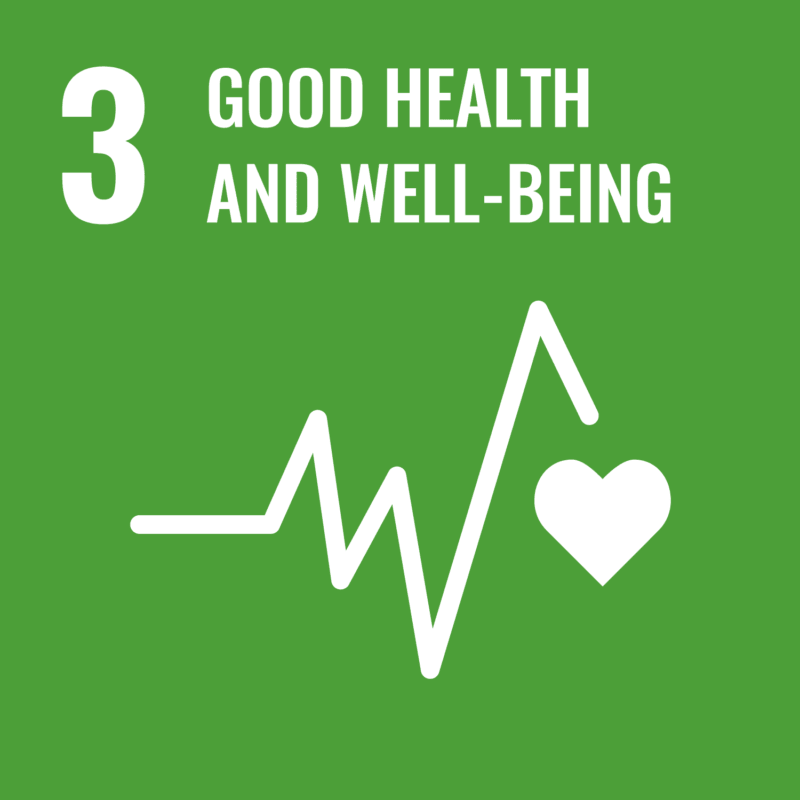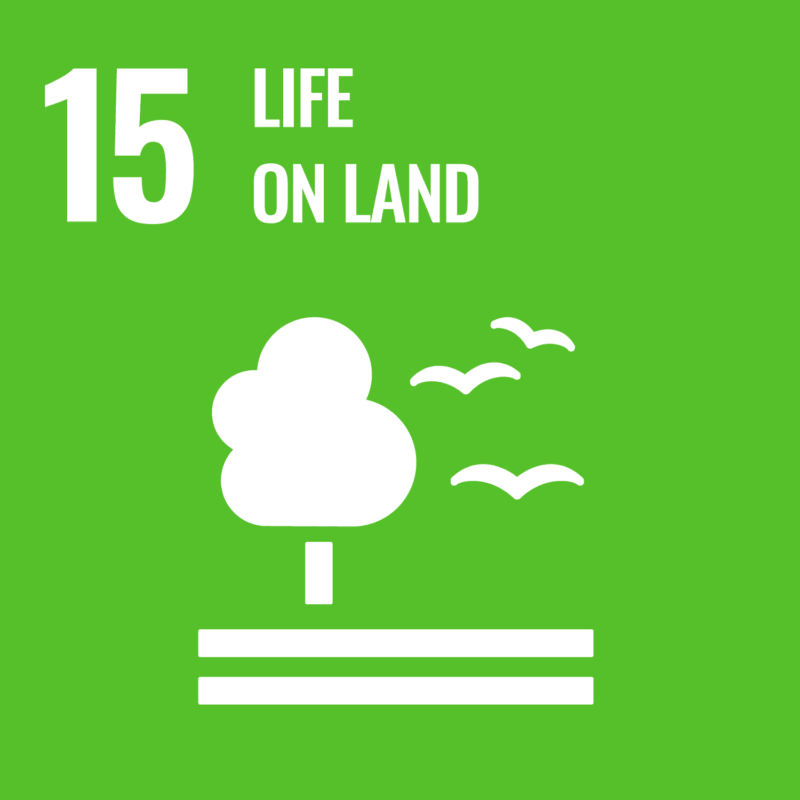Plastics are with every one of us every day. It is impossible to imagine the economy or our everyday lives without them. This intensive use results in decomposition products that pose ever greater challenges for the economy, society and the entire ecosystem. It is assumed that microplastics (MP), i.e. small plastic particles between 5mm and 1µm, are found everywhere in our environment. Even in our food? To investigate this question, OFI is working with international partners on a methodology that makes it possible to detect different particles. The detection of particles forms the basis for determining their origin. In order to develop long-term solutions and prevent the entry of microplastics into food, we first need to know where which particles can be found.
Valid method to identify microplastics
In the research project “microplastic@food”, OFI, together with an international project consortium, has already managed to develop a valid method with which microplastics can be measured in a standardized way. This project investigated whether and how many microplastic particles of the most common plastics can be found in simple foods such as water or clear fruit juices.
Based on the results of “microplastic@food”, the project consortium intends to expand this validated method and apply it to more complex foods in the research project “MICROPLEXFOOD”. Cloudy beverages, fruit juices, dairy products, fish and processed meat products were defined as product groups to be examined as case studies as part of the project.
Project goals
- Analysis of complex foods to detect the presence of plastic particles using different methods of disintegration
- Further development of spectroscopic methodology to clearly identify the boundaries of microplastic particles in the sample matrix
- Specific differentiation of detected particles in the case studies
- Definition of the respective entry sources by analyzing the products, the process environment and the packaging
“MICROPLEXFOOD” should make it possible for the first time to obtain a realistic image of the presence of microplastics in complex foods. Based on the results, measures can then be derived to prevent the contamination with plastic particles.
The Cornet project is financially supported by the Austrian Research Promotion Agency (FFG) and the German Aerospace Center (DLR). CORNET (COllective REsearch NETworking) connects national and regional joint research programs in various countries. Funding organizations and ministries from Europe, East Asia, North and South America are involved.
Promotion: CORNET
Project coordination:
IVLV – Industrievereinigung für Lebensmitteltechnologie und Verpackungen e.V., Germany
ecoplus. Lebensmittel Cluster Niederösterreich, Austria
Scientific team:


